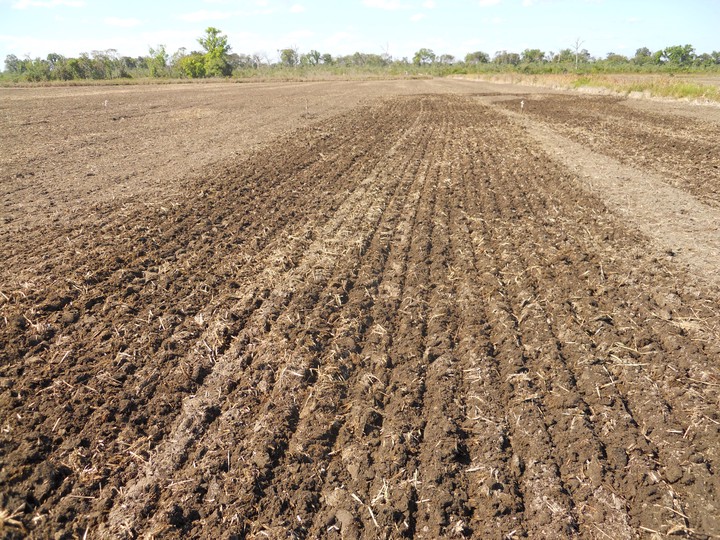Performance of pre-emergence herbicides in soybeans crop sub irrigated in tropical lowland
 Image credit:(Andre FBR)
Image credit:(Andre FBR)
Abstract
The tropical lowland in the Araguaia valley is an agricultural frontier with specific soil and climatic characteristics in the southern state of Tocantins. The objective of the assay was to evaluate the efficacy of herbicides applied pre-emergence in soybeans irrigated by subirrigation, deployed in the conventional tillage under Plinthustul soil. It were evaluated in pre-sowing incorporated herbicides trifluralin (1335 g a.i. ha-¹) and pendimethalin (1680 g a.i. ha-¹), and pre-emergence after soybean planting the s-metolachlor (2880 g a.i. ha-¹), sulfentrazone (600 g a.i. ha-¹), metribuzin (720 g a.i. ha-¹), clomazone (1250 g a.i. ha-¹) and flumetsulan (144 g a.i. ha-¹), as well as untreated control and weeding control. The evaluations were development of herbs to 28 days after crop emergence (DAE), crop intoxication at 12 DAE, biomass and visual evaluation of performance at 90 DAE and grain yield at 105 DAE. The herbicides s- metolachlor and metribuzin showed higher percentages of control broadleaf weeds did not differ statistically from each other and hand weeded. Treatment with clomazone reached a higher yield of soybean, but lower than the result of weed control.